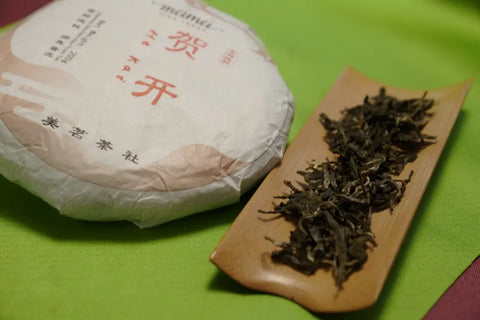
Tea and Your Health: The Effects of Tea on Blood Pressure
Scientific studies have become notoriously problematic for many to interpret, and the media are partly responsible for reporting on single studies in isolation, usually failing to comment on the strength of the study, whether it was funded, and where the study falls in line with respect to the rest of the research.

Instead, by understanding how scientific research works, one can know to look for consistency across many scientific studies, especially the recent ones, while watching out for industry-funded studies that could compromise the objectivity of the researchers.
Rather than believe one study that eggs are harmful one day, and then get confused when another study claims that they are beneficial, we want to try to look at what the majority of the results tend to say. One type of study does this work for us, known as a meta-analysis, which tries to interpret the results of many studies.
When it comes to tea, there are a handful of meta-analyses available that tell us that tea and tea drinking has some very good beneficial health effects for us.

Today, we’ll weigh in on the relationship between tea consumption and blood pressure. It seems to be the case that regular tea consumption is correlated with a small but beneficial effect on blood pressure and cardiovascular health.
One such meta-analysis published in Public Library of Science (PLOS ONE) evaluated twelve different non-industry-biased studies and showed that regular black tea consumption had small but potentially important effects on our heart health. While this study was funded by Unilever, the parent company of Lipton, it still proves consistent with other studies of its type.
A second meta-analysis, published in Scientific Reports, looked at the results of over 1,300 subjects in thirteen studies and concluded that green tea also showed a significant and favorable reduction in blood pressure.
Similarly, a third meta-analysis in the British Journal of Nutrition evaluated the findings in over 1,400 subjects in twenty-five studies and noted that both green tea and black tea contributed to a measurable reduction in blood pressure, but the effects of green tea were stronger. In addition, this study discovered that many of these effects were correlated with long-term tea drinking (i.e. more than 3 months). Neither of the previous two studies were industry-funded.
What this means for you is that a habit of daily tea drinking should yield a small but beneficial effect on your blood pressure. In the future, we’ll look at other beneficial effects of tea drinking using a similar approach, such as the effects of tea on cognitive function, hoping to clarify any misunderstandings or myths that exist about tea consumption.
